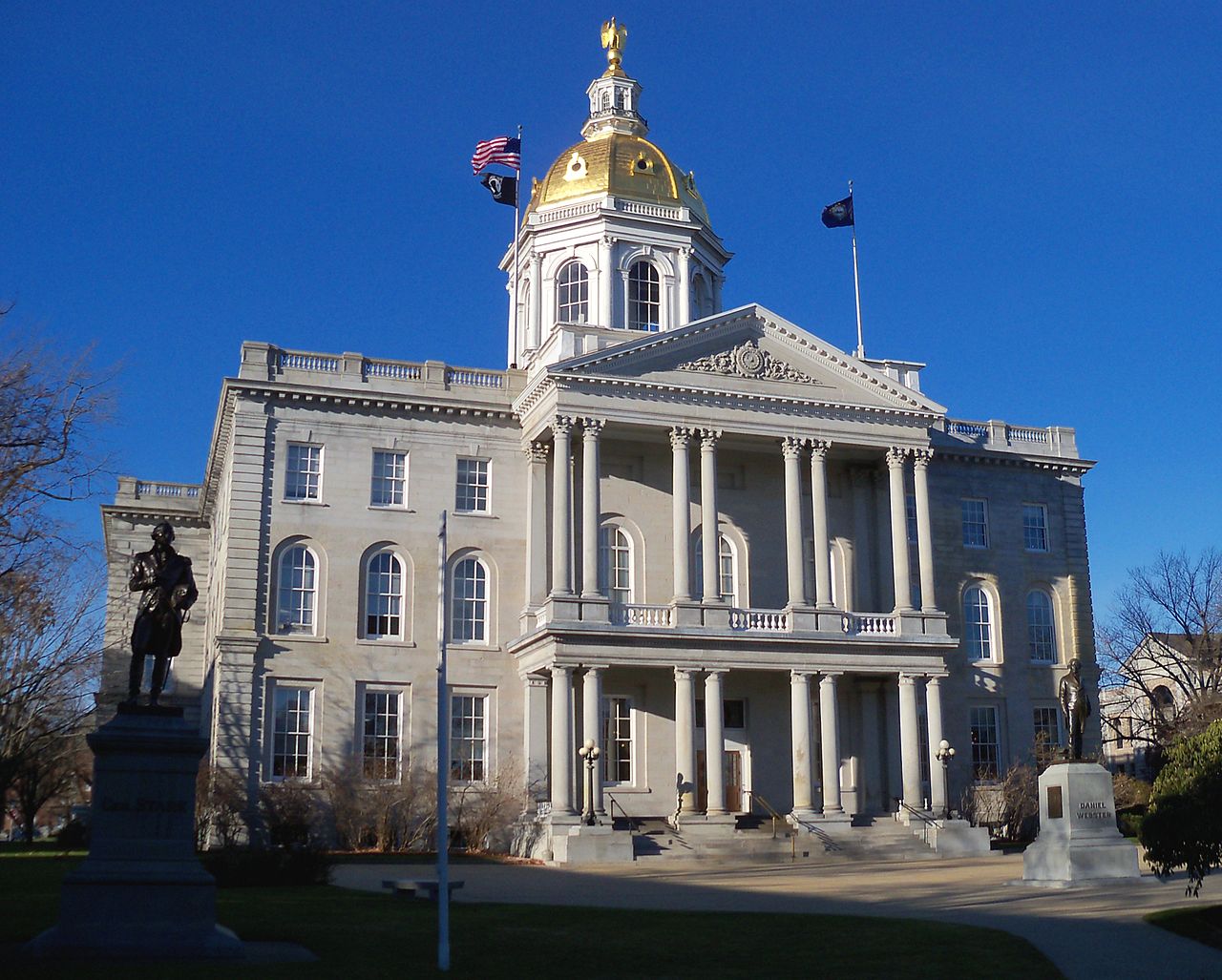
An incident earlier this year highlights the complications that can result from this misbegotten practice. On Feb. 4, Peter Chamberland, pastor of Granite State Baptist Church in Concord, gave a controversial prayer. Chamberland prayed, “Lord, through every situation, that You would protect our children through the great drug crisis that goes across our state, both those that are born and the unborn, that You would watch over them.” (Emphasis added). The divisive sermon received widespread news coverage.
However, when the prayer was published in the House Journal, the portion of the prayer dealing with abortion [italicized above] was redacted. House Clerk Paul Smith stated that prayers were not supposed to be political and that prayers printed in the House Journal were edited for such content. But New Hampshire law requires clerks of the House of Representatives to “keep a true and fair record of all proceedings.”
More importantly, such redaction underlines the problems associated with legislative prayer. When the government inappropriately orchestrates prayer, it is no wonder that guests delivering these prayers use this unique platform to infuse it with indecorous political content.
The New Hampshire House of Representatives ought not to lend its power and prestige to religion, FFRF contends. Dropping official prayers is the only way to ensure that religious prejudices do not contaminate the legislative function of House sessions.
“Government prayer is unnecessary, inappropriate, and divisive,” FFRF Co-President Annie Laurie Gaylor writes to New Hampshire House Speaker Shawn Jasper. “Calling upon representatives, and citizens watching in the gallery or online, to rise and pray (even silently) is coercive, embarrassing, and beyond the scope of secular government.”
Even nonsectarian prayer excludes the 23 percent of Americans who identify as nonreligious, FFRF emphasizes. The exclusion is compounded when a majority of prayers are sectarian (to Jesus) or a majority of the officiants are of one religion (Christianity). Such prayer creates acrimony, turns believers into political insiders and minorities into political outsiders in their own community, and confers unconstitutional governmental preference not just for Christianity over other faiths, but also for religion over nonreligion.
Christians who know their bible are familiar with the biblical injunction of Jesus in the Sermon on the Mount, condemning public prayer as hypocritical (Matthew 6:5-13). Observing a strict separation of church and state honors not only the First Amendment, but also the rights of conscience of all New Hampshire citizens.
On behalf of its New Hampshire membership and our secular Constitution, FFRF appeals to the House to concentrate on earthbound legislative matters. The tone that should be set is one that respects and reveres the secular and entirely godless U.S. Constitution, which state elected officials take an oath to uphold, and whose only references to religion are exclusionary.
FFRF asks that Chamberland’s prayer be published in the House Journal in its entirety. Additionally, the organization urges the House leadership to take this opportunity to discontinue the practice of scheduling prayers to open sessions.
The Freedom From Religion Foundation is a national nonprofit organization dedicated to the separation of state and church that represents 24,000 nonreligious members across the country, including in New Hampshire.

